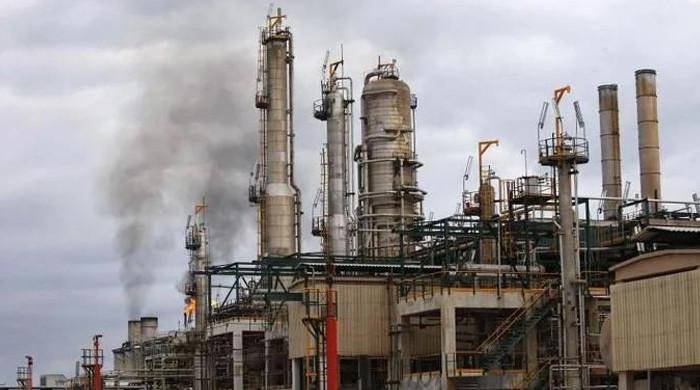Pakistan has committed to aligning its infrastructure development priorities with climate-friendly goals as part of its agreement with the International Monetary Fund (IMF). The government will revise project selection criteria and increase the weighting of climate considerations by August next year. Additionally, a carbon fee is expected to be introduced in the upcoming federal budget.
According to official sources, all new infrastructure projects exceeding Rs7.5 billion will now be required to have their Planning Commission Form-1 (PC-1) documentation publicly available on the Planning Commission’s website. This move aims to improve transparency and accountability in infrastructure planning.
The government plans to strengthen its project appraisal processes and integrate climate screening assessments to identify and prioritise projects with the highest environmental impact. A transparent scoring system will be introduced to evaluate projects, with at least 30% of the selection criteria dedicated to climate-related factors.
Moreover, Pakistan and the IMF have agreed to extend the federal budget’s tagging system to encompass grants and subsidies, with similar practices expected to be adopted by provincial governments. This will help track and tag climate-damaging expenditures while aligning budget tagging practices with international green taxonomies.
The revised selection system for the Public Sector Development Programme (PSDP) will prioritise infrastructure initiatives that support climate adaptation and mitigation. Scores for approved projects will be published annually by the Central Development Working Party (CDWP) and the Executive Committee of the National Economic Council (ECNEC), with a comprehensive report due by August 2026.
By the end of August 2027, all major new infrastructure projects will be required to carry out detailed assessments on climate vulnerability, adaptation, and mitigation. These assessments will be a prerequisite for their inclusion in the PSDP, marking a significant shift towards sustainability in Pakistan’s development planning.










